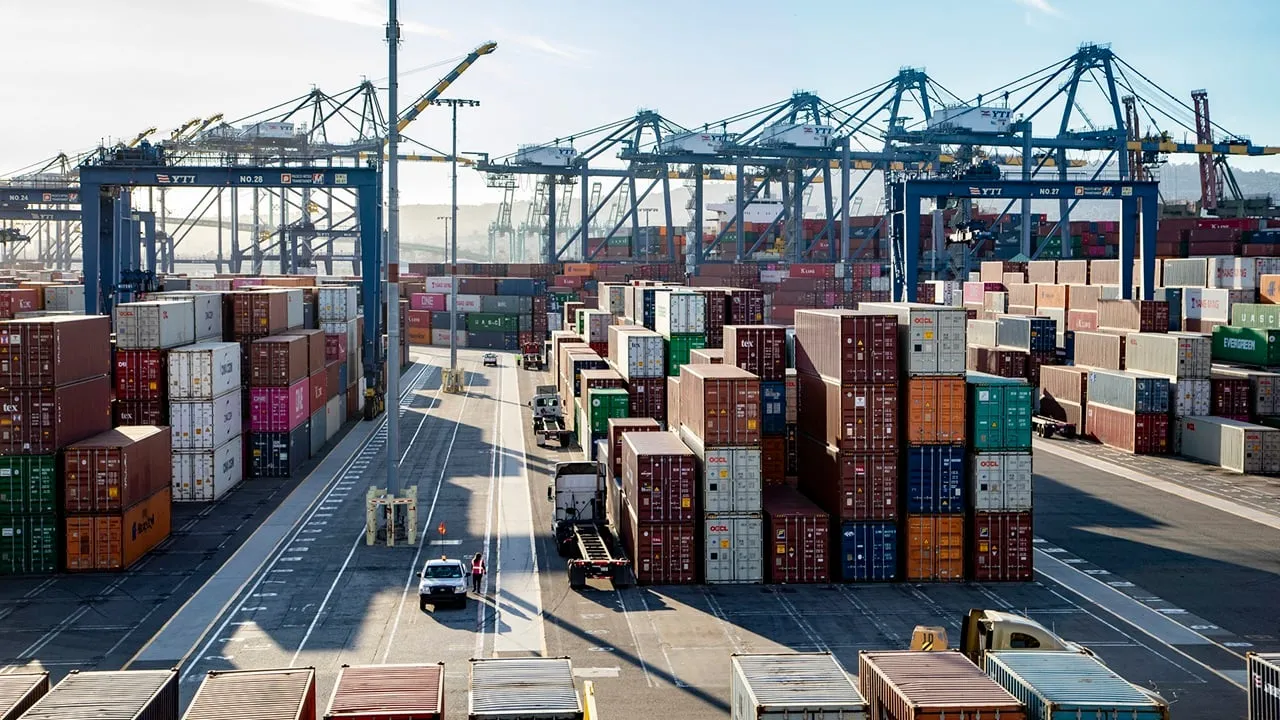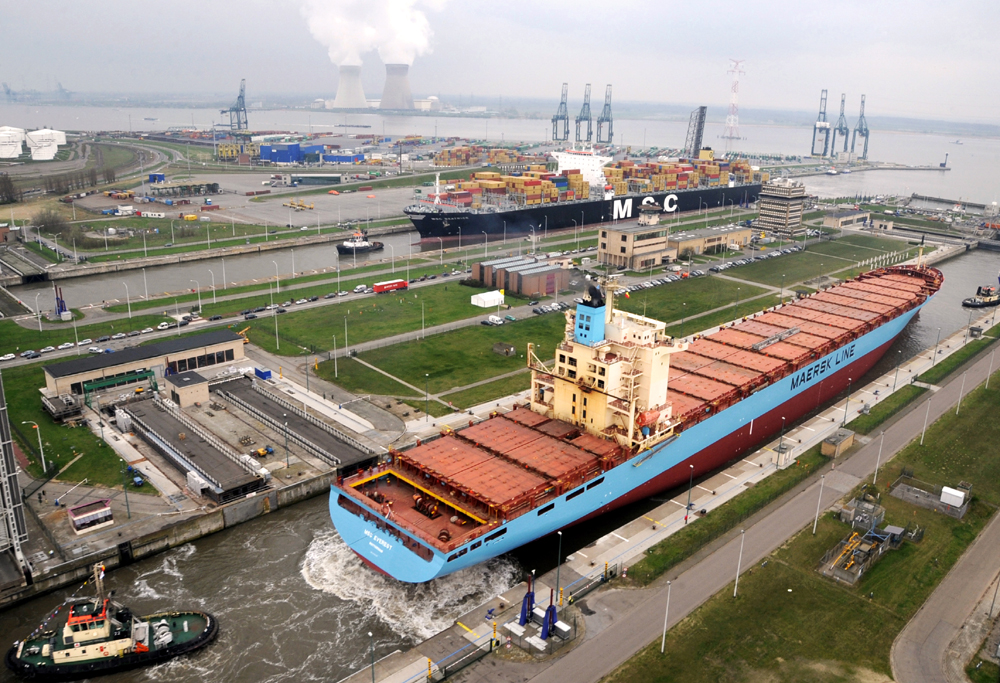Seatrade Maritime: USTR 301 vessel fees determination – burden on ship operators
Less than two weeks from the implementation of additional port fees for vessels owned, operated and built in China the US Customs and Border Patrol (CBP), the agency designated for collection of the fees, has outlined key requirements via its Cargo Systems Messaging Service.
For the fees that also apply to all vehicle carriers built outside the US, CBP stated: “The burden for determining if a vessel owes the fee is on the operator, NOT CBP.”
The fees that are applicable to vessels calling US ports from 14 October have been confirmed at $50 per net ton for an arriving vessel owned or operated by a Chinese entity. For container ships, whichever is higher of a fee in the amount of $18 per net ton, or $120 for each container discharged, from an arriving Chinese built vessel. A fee in the amount of $14 per net ton for an arriving vessel classified as a vehicle carrier or roll-on/roll-off vessel.
Fees are to be paid directly to the US Department of the Treasury via the pay.gov secure web portal and not at port entry by the vessel.
Ship operators are “strongly encouraged” to pay fees at least three days prior to vessel arrival and those without proof of payment would be barred from loading or unloading operations on arrival in port in the US.
Fees will be calculated by pay.gov based filings made by operators using the Section 301 Payment Form. Once payment is made confirmation will be passed to the Vessel Entrance and Clearance System (VECS).
There is some confusion around the definition of a Chinese owned vessel particularly when it comes to ships financed under China leasing arrangements, a popular form of ship financing in recent years.
The top 10 container lines alone would face USTR 301 Fees of $3.2 billion in 2026, based on current fleet deployments, according to analyst Alphaliner. Hardest hit would Chinese carrier Cosco Shipping Container Lines and its Hong Kong-listed subsidiary Orient Overseas Container Line (OOCL) with $1.53 billion in fees.
Related Posts





